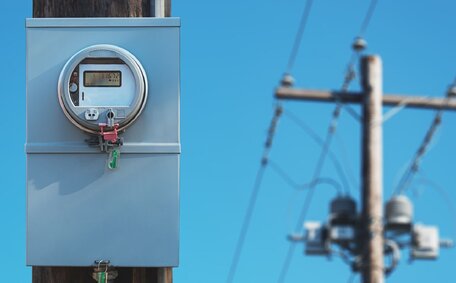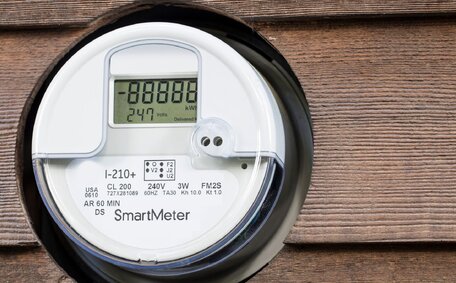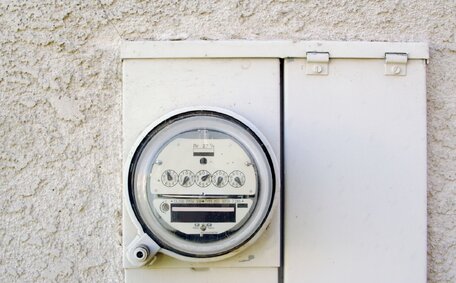
Smart Meter Installation Process
Learn about the smart meter installation process in residential homes, from preparation to completion, and how it enhances energy monitoring and efficiency.
Read MoreSmart meters are revolutionising energy management. This technology rapidly transforms how we track, analyse, and ultimately control our energy consumption. As smart metering technology evolves, exciting trends are emerging that will benefit both consumers and the energy industry. Let’s explore these trends and how they’ll shape a smarter energy future.
So, whether you have a smart meter or are looking to install one in the future, let’s examine the future innovations for these devices and how they can help you manage your electricity.
One key trend is the rise of data-driven energy management. Smart meters and the Internet of Things (IoT) create a connected energy ecosystem that generates vast amounts of data about energy consumption patterns.
Big Data analytics can unlock valuable insights from this data, allowing utilities to optimise grid operations and predict energy demand with greater accuracy. This translates to a more efficient energy system and a more reliable power supply.
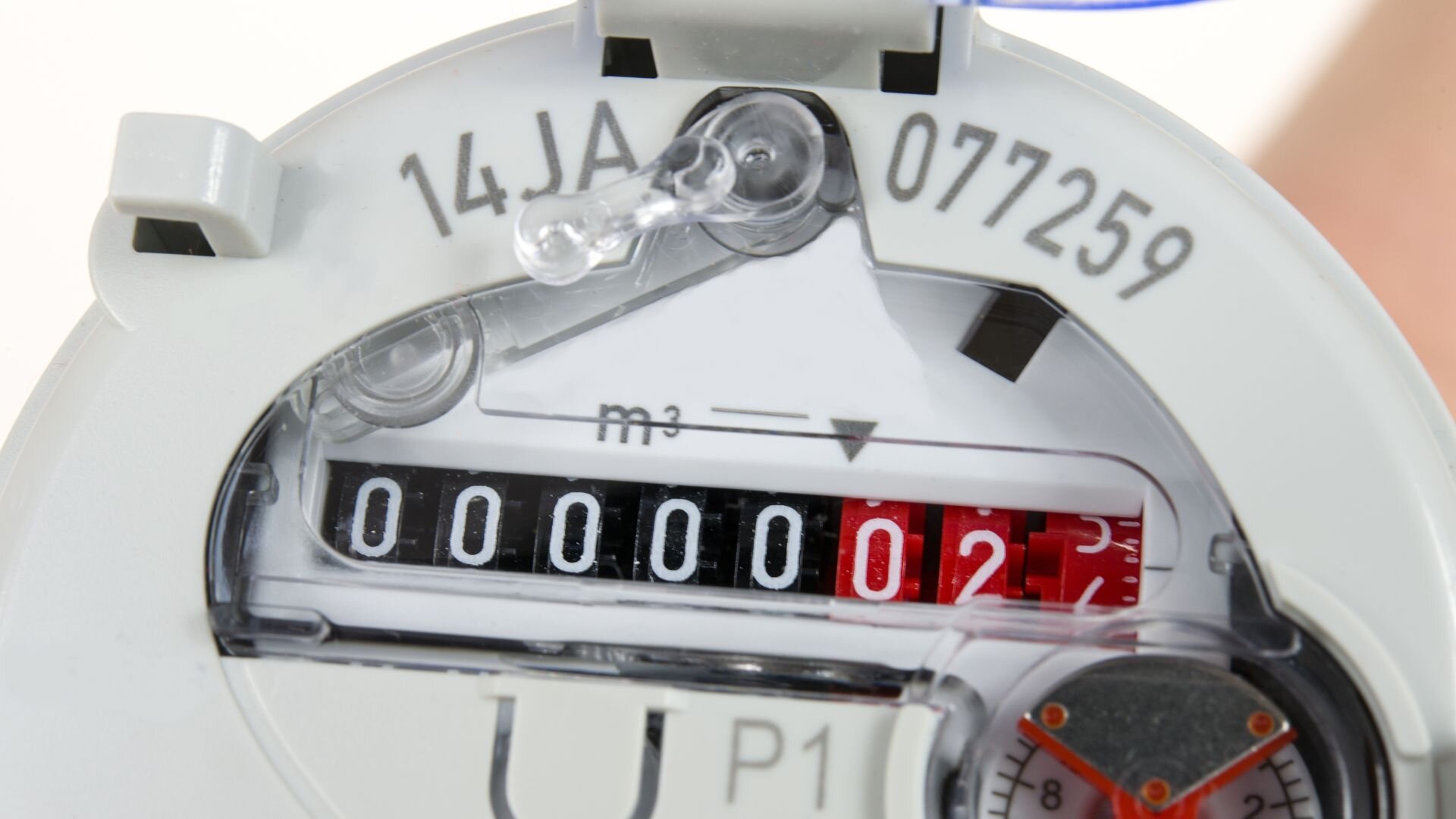
This data empowers consumers to gain a detailed understanding of their energy usage patterns. With real-time monitoring capabilities, consumers can identify areas for improvement and make informed decisions that can potentially reduce their energy bills.
This data also plays a vital role in shaping global smart meter technology, particularly in advanced infrastructure (AMI) for smart homes and other buildings. This comprehensive global smart meter infrastructure, which includes various IoT components, lets users effectively monitor and control their energy use, boosting security and privacy.
The future of smart meter technology is bright, thanks to emerging trends in smart metering. As these advancements gain traction, the market size is expected to grow considerably.
One key trend is the proliferation of connected devices, Artificial Intelligence, and the Internet of Things (IoT). Smart meters can seamlessly integrate with this ever-expanding network, enabling real-time data collection and communication across the entire energy infrastructure, including Advanced Metering Infrastructure AMI components. This fosters a more intelligent and efficient grid.
Plus, smart meters can communicate bi-directionally, facilitating monitoring and control. This two-way flow of information empowers consumers to participate actively in energy management. For instance, real-time energy use data allows for better energy efficiency practices.
This trend aligns perfectly with the broader push towards smart energy systems. Smart meters can facilitate dynamic pricing models and personalised energy plans by providing granular data on consumption patterns. Integration with smart appliances and home automation systems can further optimise energy use within a household.
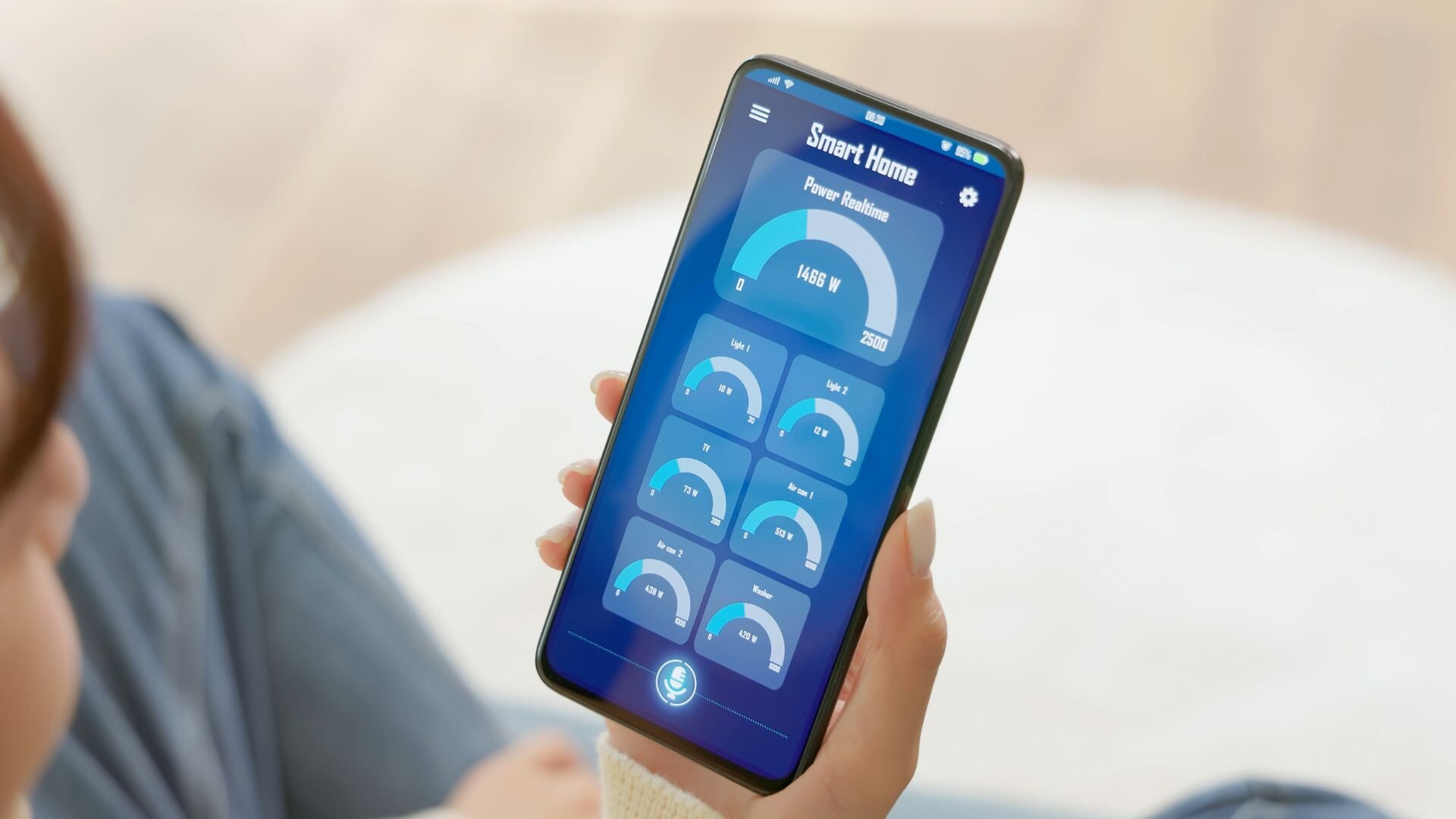
The benefits of smart meter technology extend to both consumers and energy providers. Consumers gain greater control over their energy use. Smart meters allow them to track their energy usage in real-time, identify areas for improvement, and ultimately reduce their energy bills. Additionally, smart meters contribute to a more reliable energy grid by enabling utilities to maximise distribution and reduce energy losses, leading to fewer outages for consumers.
Smart meters also help utilities forecast energy demand more accurately, ensuring there’s enough capacity during peak times to avoid disruptions. By better understanding consumer behaviour, utilities can offer innovative services like time-of-use pricing or personalised energy-saving tips.
But, with these advancements come challenges that need addressing. Data security and privacy are big concerns, requiring stricter regulations and industry best practices to keep consumer energy data safe and secure. Plus, educating and engaging consumers is vital.
Consumers need clear information about smart meters, their benefits, and how their data is being used. Finally, it is important to ensure equitable access to smart meter technology and its associated benefits. This ensures everyone can participate in a more sustainable energy ecosystem.
Smart meter technology empowers consumers with greater control over their energy use, fostering a more efficient and sustainable energy system. By embracing the power of data and innovation, we can manage energy more efficiently and contribute to a cleaner, more sustainable future for all.
Keen to learn more about how smart meter technology can benefit your home or business? Reach out to Bright Force Electrical today for a free consultation! Our skilled electricians are here to answer your questions and help you figure out if smart meters suit your needs. Together, let’s build a brighter, sustainable energy future!
Did you enjoy reading our article “Future Trends in Smart Meter Technology”? We have many related articles you may also be interested in reading, like the below:
Learn about the smart meter installation process in residential homes, from preparation to completion, and how it enhances energy monitoring and efficiency.
Read MoreSmart meters are revolutionising how we manage home energy use. Learn how these devices provide real-time data, helping you cut down on energy waste, reduce costs, and gain better control over your household consumption. Explore the benefits of smart meters and see how they can transform your energy efficiency strategy.
Read MoreEver wondered how your smart meter knows when to send your energy usage data? Discover the technology behind this wireless marvel and how it benefits both you and the power grid.
Read MoreWe will call back as soon as possible.
